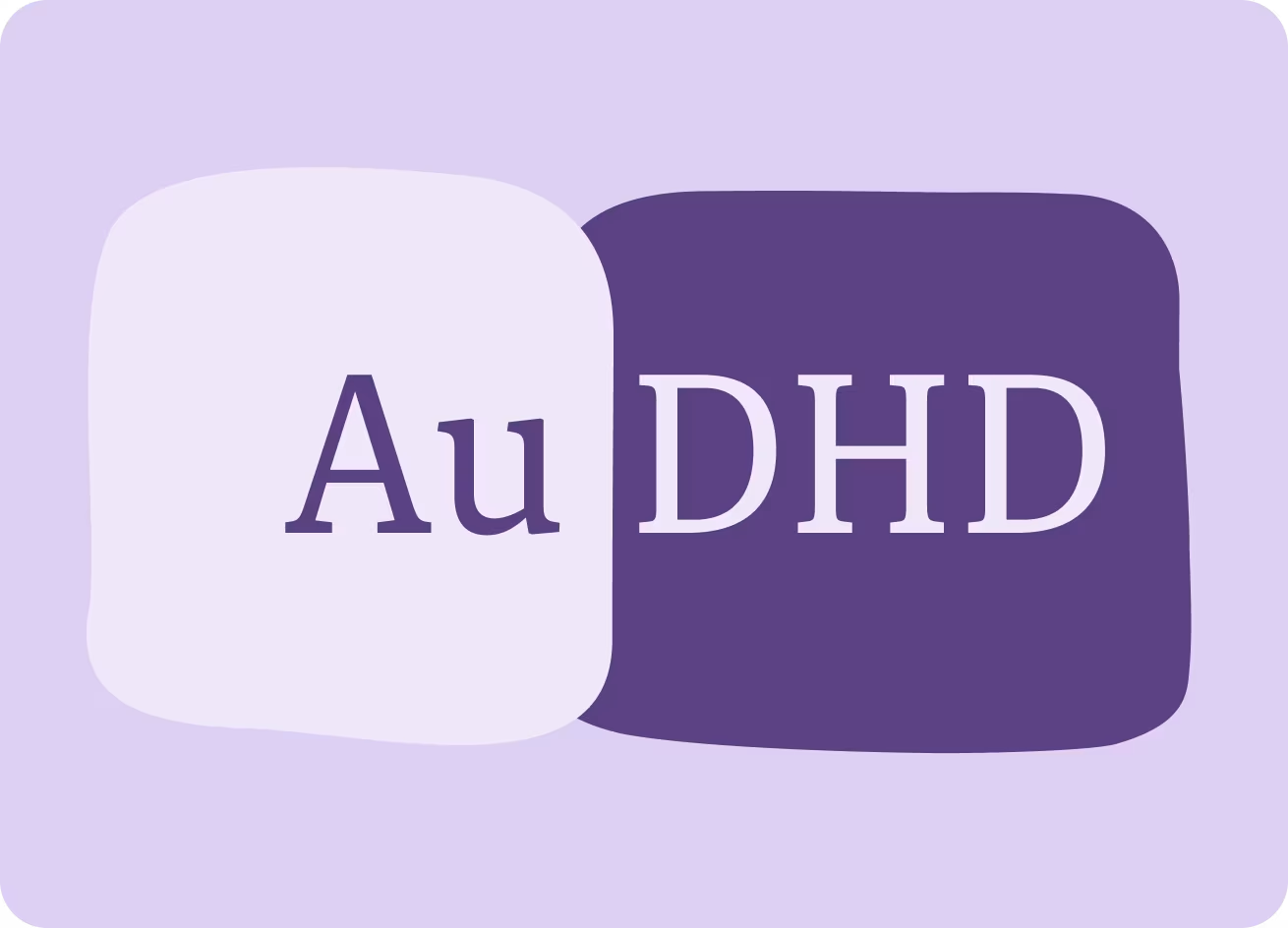Three Similarities Between Montessori Schools and the Developmental Model
At Positive Development, we really appreciate the Montessori school model. If you're looking for a school to accommodate the specific interests and skillsets of your child, Montessori can prove to be a great choice. Moreso, if your child is already participating in developmental therapy, a Montessori school can help minimize disruptions, offering a consistent environment that nurtures growth and development, in tangent with therapy sessions.
Here are three ways a Montessori school aligns with the developmental model for children with autism.
1. Progression Based on Development, Not Age
Both the developmental model and Montessori education prioritize tailoring learning to a child’s individual developmental level, rather than strictly following age-based milestones or societal norms. In a Montessori setting, children are able to explore in a carefully controlled setting that encourages independence and hands-on learning. They progress at their own pace, meeting developmental benchmarks while building confidence and practicing new skills. This child-centered approach respects where each child is in their cognitive, emotional, and social development. For children with autism, this flexibility ensures that their learning is aligned with their abilities and where they are developmentally, fostering a deeper connection to their own growth and exploration. Montessori classrooms often include multi-age students which naturally prompts the development of social interactions and social-emotional development.
2. Child-Led Learning, Not Instructor-Led
Both approaches emphasize child-led learning. Instead of a rigid, instructor-driven classroom, Montessori and developmental models encourage children to direct their own learning within a supportive environment. This method allows children, including those with autism, to learn at their own pace and based on their unique interests, which can enhance engagement and motivation. The child’s individual preferences and developmental needs are respected, which creates a sense of autonomy and confidence. For children with autism, this approach helps create a safe and secure learning space, where they feel in control of their exploration, which can be especially beneficial for those who struggle with traditional, more restrictive educational settings.
3. Learning Through Doing, Not Just Speaking
In both Montessori and developmental models, learning is facilitated through hands-on activities and experiences rather than through passive listening. Montessori teachers are trained to observe and adapt their teaching to meet each child’s interests, which may be completed on an individual level or with a small group of multi-aged children. This approach allows children the freedom to engage in multi-sensory learning experiences, which can be particularly helpful for children who need movement, sensory input, or struggle to focus in traditional classrooms. By offering opportunities for movement, exploration, and physical activity, the Montessori environment supports self-regulation and helps children meet their sensory needs. This also fosters independence, organization, and time management skills, as children can explore academic concepts through tactile and active engagement rather than purely verbal instruction.
At Positive Development, we are committed to honoring each autistic child through personalized, developmental therapy. We enjoy discovering other environments that prioritize the growth and success of autistic children. If you're exploring educational options for your child, a Montessori school could be a wonderful complement to your child's developmental journey at Positive Development.






